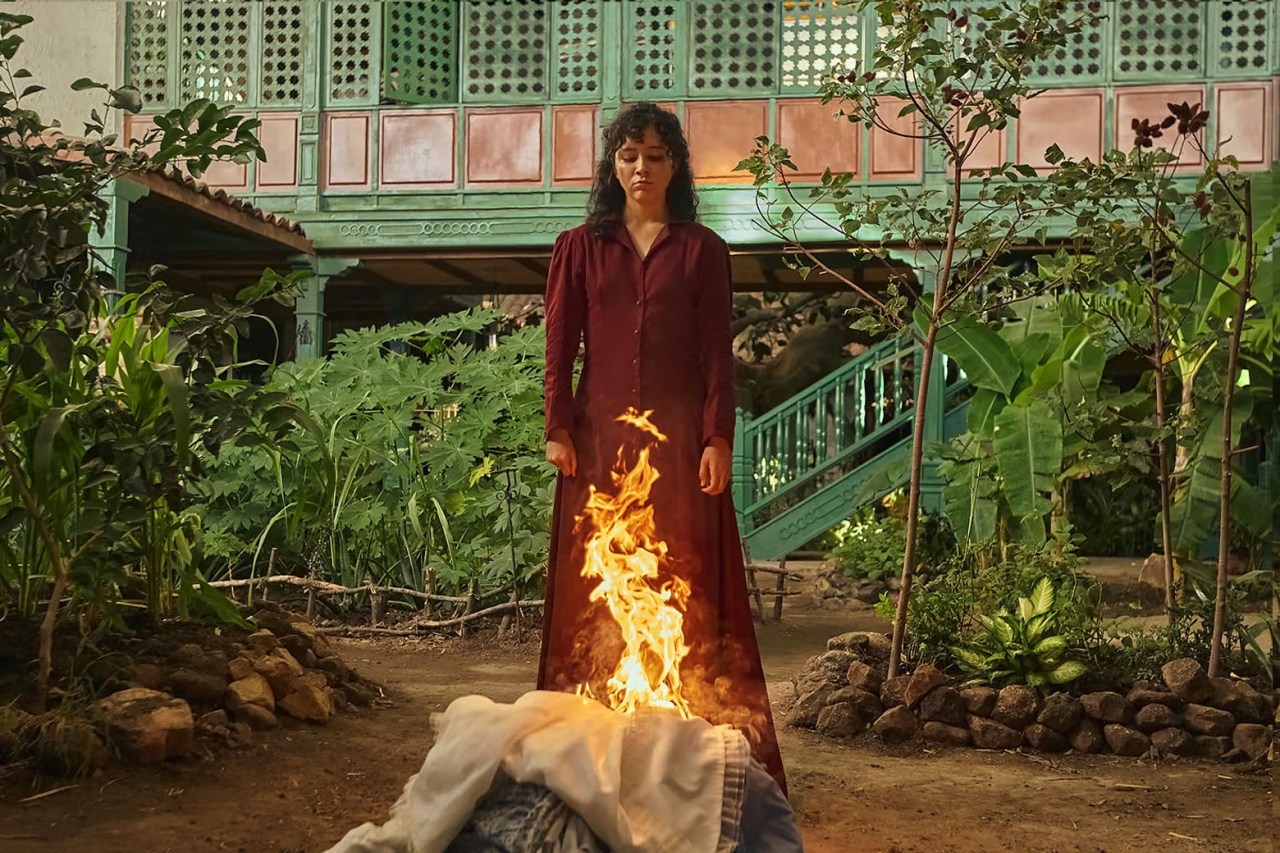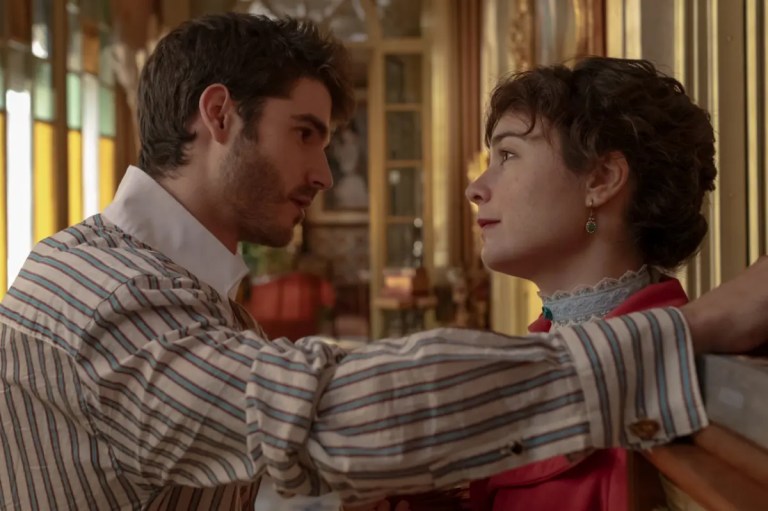
This Netflix Series Is Perfect For Our New Political Reality
If you'd rather escape into a world of magical realism than deal with our current reality...
Magical realism is among my top favorite literary genres. Don’t make me create a definitive list. All I know is that the list would also include horror comedy and multi-thread Twitter takedowns.
In any case, well-done magical realism is where it’s at: You get the scintillating syntax and symbolism of literary fiction, but with a hearty dose of fantasy. It’s a great way to present real-world scenarios in a new light while keeping audiences on their toes.
Naturally, I also love Cien Años de Soledad – or One Hundred Years of Solitude, if you failed Spanish. The seminal novel by Gabriel García Márquez is a hallmark of the magical realism genre; after it debuted in 1967, it helped popularize Latin American literature around the world. However, it also recently made its way to Netflix as a two-part miniseries. When first announced, it caused quite the stir; and sure enough, it remained in Netflix’s Global Top 10 list for four weeks after its December 11 premiere. Sadly, it has fallen off as of writing, but that doesn’t mean it’s no longer relevant. In fact, it’s more relevant than ever.
The Netflix series, and its literary source material, both take place in a stylized version of Colombia, one set in the not-so-distant past. While time dilates and constricts without warning in Cien Años de Soledad, it never stops, even when the book does. That means that it must necessarily use the passing of time, Colombian time, as inspiration. In this vein, Cien Años de Soledad packs much of Colombian history into its pages, often in symbolic form and always within the confines of Macondo, the book’s setting. If a small argument happens in Macondo, you can bet that something even more seismic and tragic happened in Colombia.

The same is true for Colonel Aureliano Buendía and Arcadio, who become the tragic antiheroes of Part One of Netflix’s adaptation. While Aureliano leads a liberation army against his country’s conservative regime, Arcadio ascends to become the populist dictator of Macondo despite possessing neither tact nor conviction. It’s a dichotomy that lays out Colombia’s past real-life internal conflicts in stark detail. It also sounds way too familiar right now. Aureliano’s fate, of course, is teased from the famous first sentence of the book (and series): “Many years later, as he faced the firing squad…” However, the character’s eventual hermiting from public life is far more surprising, and paints a picture of an exhausted man, enervated by his own shaky beliefs. He symbolizes, perhaps, a weakened political party that lacks a foundation. Hmm, that sounds familiar, too. Meanwhile, as he recoils into his metaphorical shell, nefarious forces seize the country – even after the incompetent dictator Arcadio is assassinated by horrified citizens. Well, that doesn’t sound familiar, exactly, but it could have been.
I’m unsure why Cien Años de Soledad didn’t last longer in Netflix’s Global Top Ten. Maybe the early extended tracking shot of a child’s bare butt turned people off. Maybe it was the book-faithful, unironic lusting of a full grown man after a prepubescent bride. (They couldn’t age up Remedios Moscote even a little bit?) Maybe it’s just because the series doesn’t star Chris Hemsworth. However, the details of Macondo’s descent into dictatorship are chilling – how the populace is subjugated and manipulated; how it abandons its identity and surrenders to the vicious flow of time; how it deteriorates. The book and series are a warning.
Beyond that, Netflix’s Cien Años de Soledad is also an immense production, and even if you don’t watch for the unsettling parallels to daily U.S. life, you can watch for the 20,000 extras, the gorgeous sets, or the hypnotic state-of-the-art Colombian filmmaking, approved by the Márquez estate. The book, too, is worth revisiting. The writing doesn’t feel stale or incomprehensible, like so much of your high school assigned reading. The feather-light turns of phrase hold up for modern audiences, drawing them closer rather than shutting them out. In both cases, you may find solace and catharsis in the joys and failures of the fictional Macondo, even as time constricts and dilates around you, lulling you into the vortex below.











